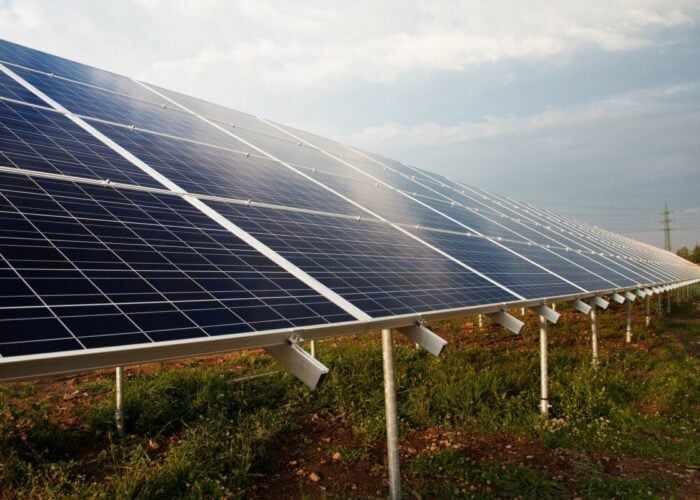Energy efficiency has been described as the world’s “first fuel” in efforts to cut carbon emissions and promote energy security in a major new report from the International Energy Agency.
The IEA’s inaugural ‘Energy Efficiency Market Report’ says the scale of recent investment in energy efficiency worldwide makes it as significant in its contribution to energy demand as investment in renewable energy or fossil fuel generation.
Try Premium for just $1
- Full premium access for the first month at only $1
- Converts to an annual rate after 30 days unless cancelled
- Cancel anytime during the trial period
Premium Benefits
- Expert industry analysis and interviews
- Digital access to PV Tech Power journal
- Exclusive event discounts
Or get the full Premium subscription right away
Or continue reading this article for free
“Energy efficiency has been called a ‘hidden fuel’, yet it is hiding in plain sight,” said IEA executive director Maria van der Hoeven. “Indeed, the degree of global investment in energy efficiency and the resulting energy savings are so massive that they beg the following question: is energy efficiency not just a hidden fuel but rather the world's first fuel?”
The IEA found that in 2011, energy efficiency measures worldwide attracted investment of some US$300 billion, a level on par with global investments in renewable energy or fossil-fuel power generation.
Between 2005 and 2010, the IEA calculated that energy efficiency measures across 11 of its member countries (Australia, Denmark, Finland, France, Germany, Italy, Japan, the Netherlands, Sweden, the United Kingdom and the United States) saved the energy equivalent of US$420 billion worth of oil.
In these same countries, the IEA said that were it not for energy efficiency measures implemented in the past three years, consumers would be using and paying for two-thirds more energy than is the case.
Overall, in 2010 energy savings from efficiency measures exceeded the output from any other single fuel source in these same countries, with the 11 IEA countries avoiding burning 1.5 billion tonnes of oil equivalent thanks to efficiency improvements developed since 1974.
The IEA highlighted two factors as being particularly key to the upswing in energy efficiency adoption: effective policies, such as improved energy standards and product labelling, and the increasing price of energy, particularly oil.
Brian Smithers, strategic director for Northern Europe at UK-based renewable energy products and services distributor, Rexel, said: “It’s about time the role of energy efficiency was recognised on a global scale, so it’s great to see the IEA placing it alongside traditional as well as renewable fuels.
“However, if we are to shift the perception of energy efficiency from a ‘hidden fuel’ to the world’s ‘first fuel’ we need to invest in education. In the UK, for example, there is a huge lack of awareness around energy efficiency, which is seriously hampering our progress against carbon reduction targets. To put it simply, to meet the UK’s carbon reduction targets by 2050, we need to improve one home every minute, equating to 26 million refurbished energy-efficient homes by 2050.
“If we are to achieve this then we, the industry, need to do more to educate ourselves, our customers and the public about why energy efficiency is important and how it will benefit the whole country both in financial terms and the significant environmental benefits it brings.”






